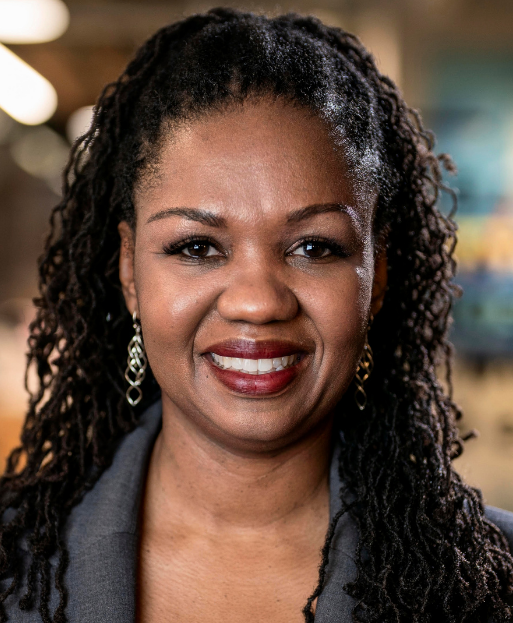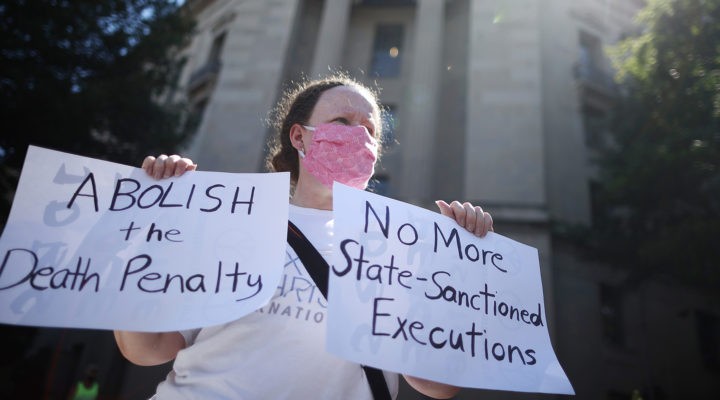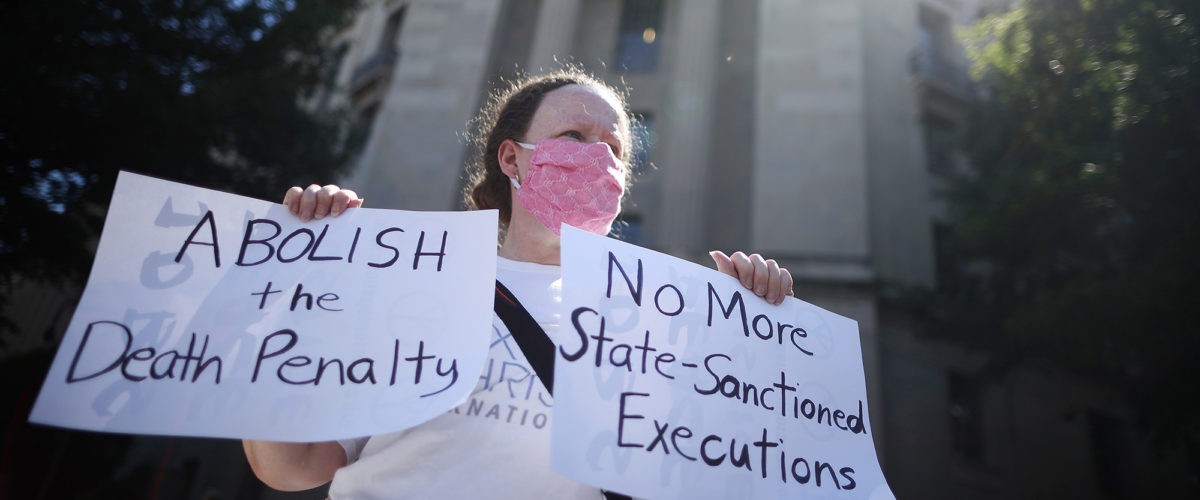I am among a growing number of Christians whose prayers for the death penalty’s continued demise are being answered.
The latest year-end report from the Death Penalty Information Center provides abundant evidence. Once again, 2022 statistics show the death penalty continuing to fade; death sentences, executions and public approval are at historic lows, a years-long trend that shows no signs of waning.
Credit goes to those working on the ground nationwide to illuminate the failures of the death penalty, including so many people of faith. When Christians have a chance to learn about this unjust system, they cannot help but call to mind the Bible’s messages of redemption and grace.
But I want to call on far more Christians to reckon with the ills of our most egregious response to violence.
“Redemption is fundamental to the Bible and how it calls us to live in this world.”
Redemption is fundamental to the Bible and how it calls us to live in this world. There are so many stories of how God embraced people who our world would have deemed the “worst of the worst.” Two amazing men of the Bible are perfect examples: Moses, who murdered an Egyptian, and David, who killed Bathsheba’s husband to get his wife. As Christians we do not think of them as murderers, but rather as men who overcame and then served God.

Jamila Hodge
From a faith perspective, it couldn’t be clearer that redemption is a key piece of how God moves. That message resonates in faith communities across our country, stirring their members to end capital punishment.
The redemption Jesus gives to all should inspire us to be compassionate. Jesus summoned our collective compassion throughout his life, and that view is vital in recognizing the extreme trauma suffered by those on Death Row.
Every year, the Death Penalty Information Center report documents the history of those executed. Without fail, the majority of those killed suffered from “chronic serious childhood neglect or abuse” — at least 12 of the 18 executed this year. Who is the most vulnerable among us if not for our children? And even more suffered from serious mental health issues or other cognitive impairment.
A central tenet of our work at Equal Justice USA — one I increasingly see taken up by the Christian community — demands that we change how we think of those who have caused harm. Rather than ask, “What’s wrong with you?” we must pivot to “What happened to you?”
That question resonates so deeply when we read the histories of those executed and understand the daunting challenges they faced. How can we not consider that the harm they caused is a consequence of our shared failure to help them when they needed us most?
As a former federal prosecutor, I can assure you I never prosecuted someone who had committed serious harm who themselves did not experience trauma — usually in childhood, and often severe.
The lessons of the Bible are clear that we should care for people, identify those hurting, and help those in need. God saw we needed grace and sent God’s Son to free people from sins and wrongdoing. And Jesus asked us to go to the prisons, to care for widows and love our neighbors.
“The death penalty exposes the glaring effects of the racial oppression that is endemic to our criminal legal system.”
God intended for that grace to apply to all. But the death penalty exposes the glaring effects of the racial oppression that is endemic to our criminal legal system. The racial disparities in the death penalty are deeply rooted in slavery. Executions are a modern extension of our lynching legacy. As people of faith, we have to be willing to talk about and confront racism because it is inconsistent with who God calls us to be.
All of us do wrong. All of us fall short. It is a part of our fallen nature. All of us need salvation. Limiting that to those who supposedly “deserve it” is contrary to the story of redemption in the Bible.
The new information on the death penalty in America gives me and many other devout Christians hope. Something once widely accepted as part of our criminal legal system is fading away. We are moving closer to a system that reflects our belief that every person has immeasurable value and that every individual should be treated with respect and dignity. And when we reach that point, and build that system, we will close a chapter on the story of our own national redemption.
Jamila Hodge, a former assistant U.S. attorney, serves as executive director of Equal Justice USA, a national organization transforming the justice system through community-based responses to violence that save lives and heal communities. EJUSA helped to win 10 death penalty repeals across the nation.
Related articles:
The death penalty is dying a slow death; it’s time we pull the plug | Analysis by Stephen Reeves
Image of the Cross led him to oppose death penalty
Jews and Christians unite to call for a better way than capital punishment


